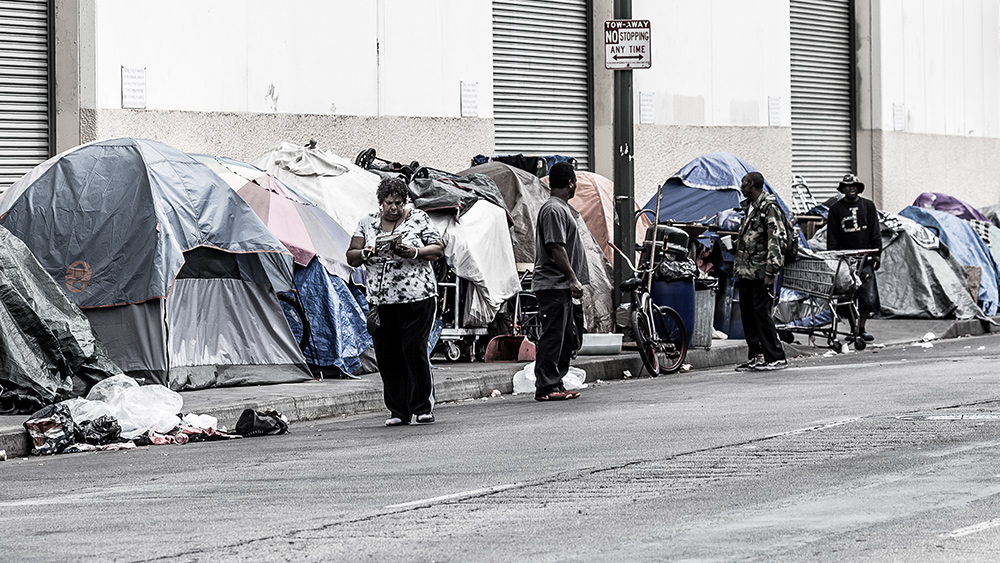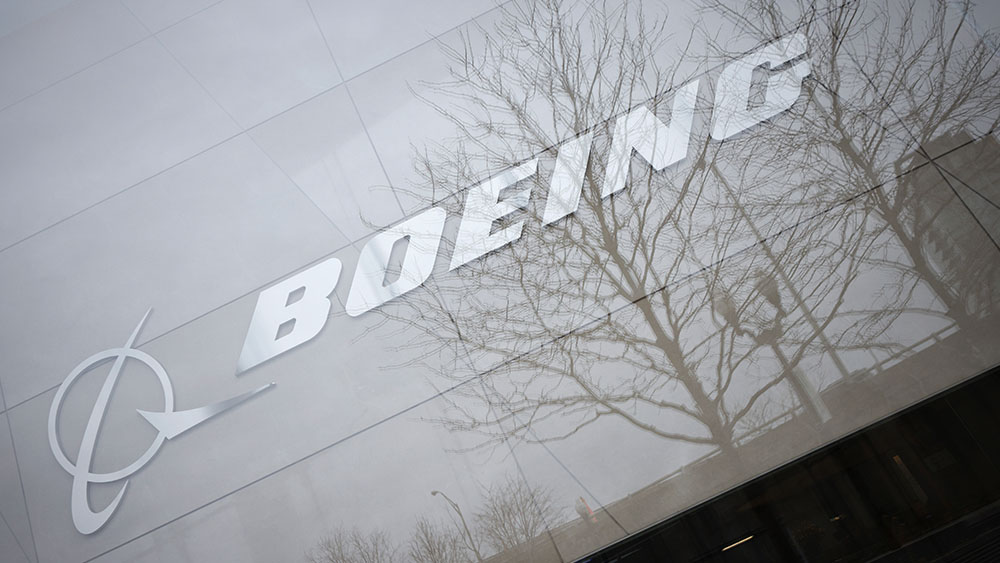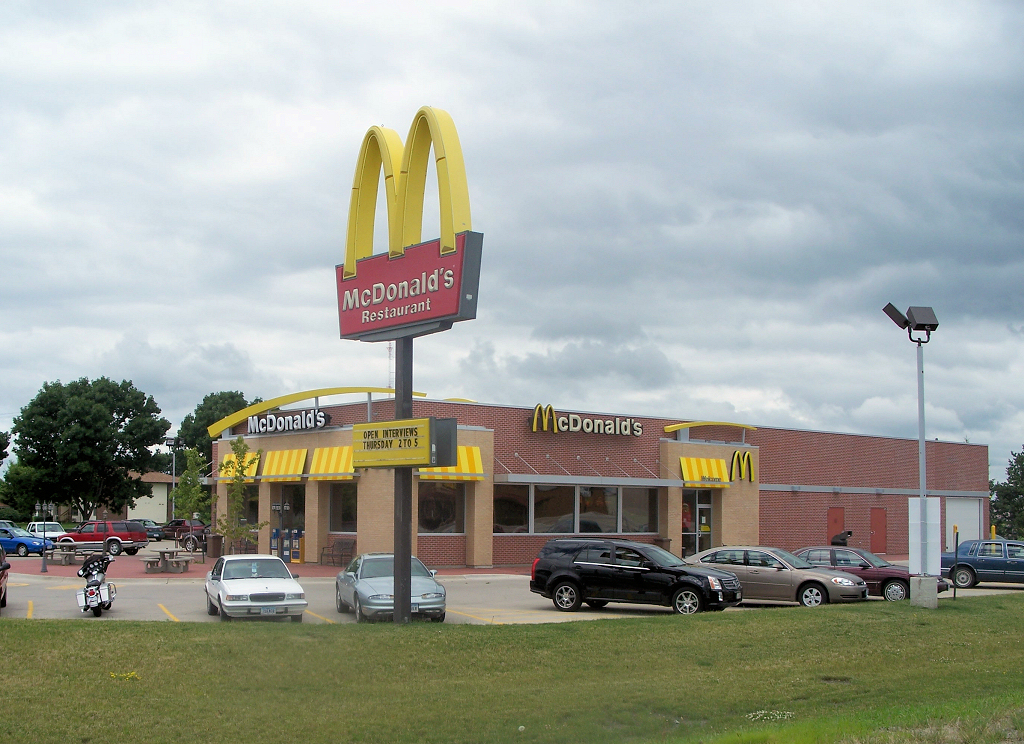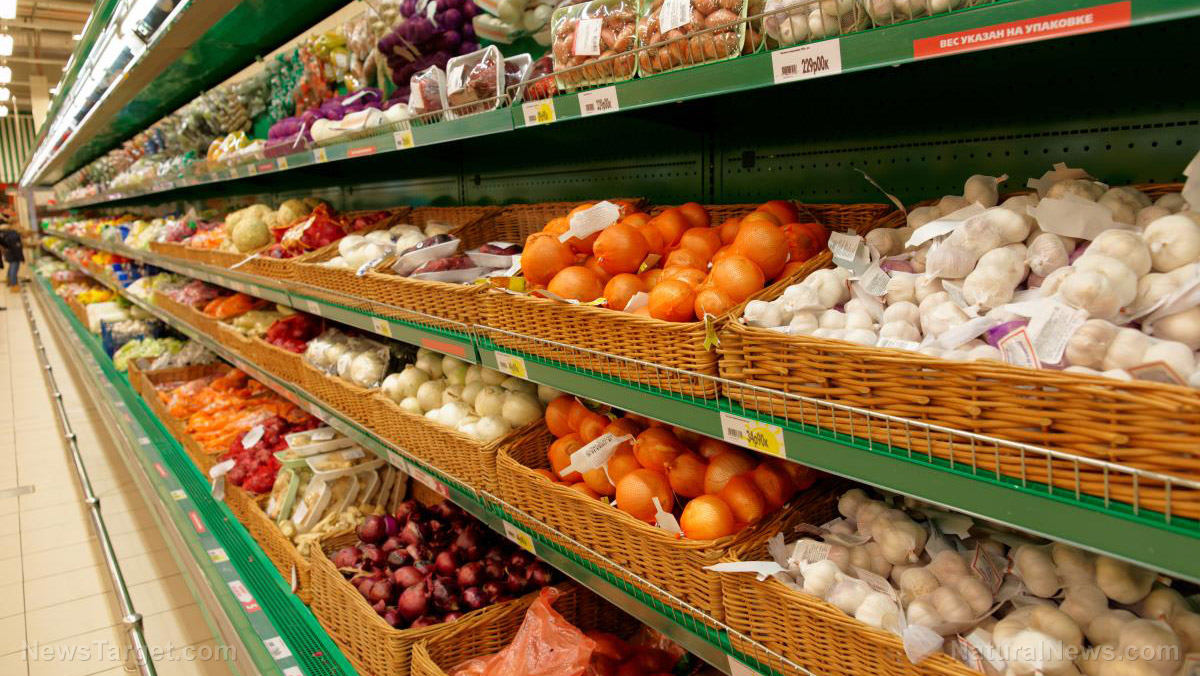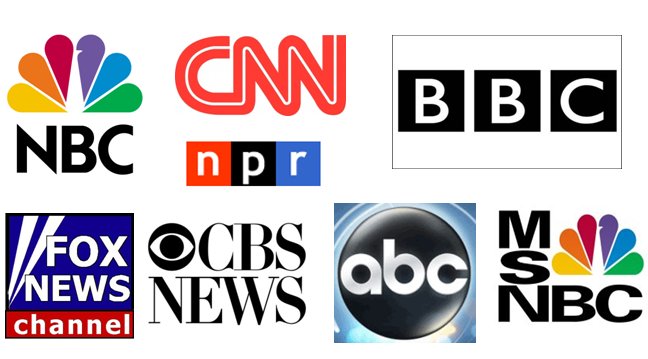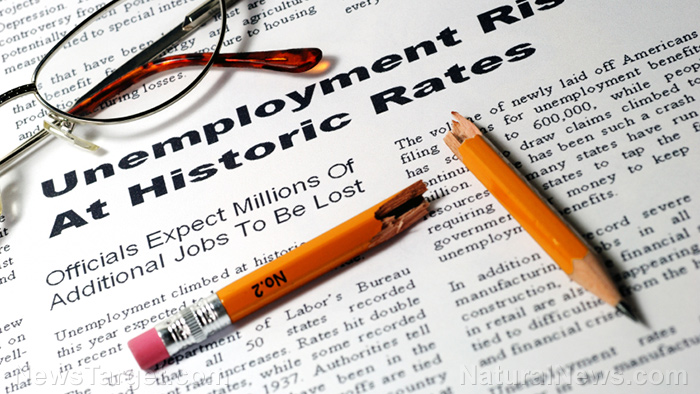7-Eleven to close 444 underperforming stores across North America as retail economy continues to crater
10/16/2024 / By Laura Harris
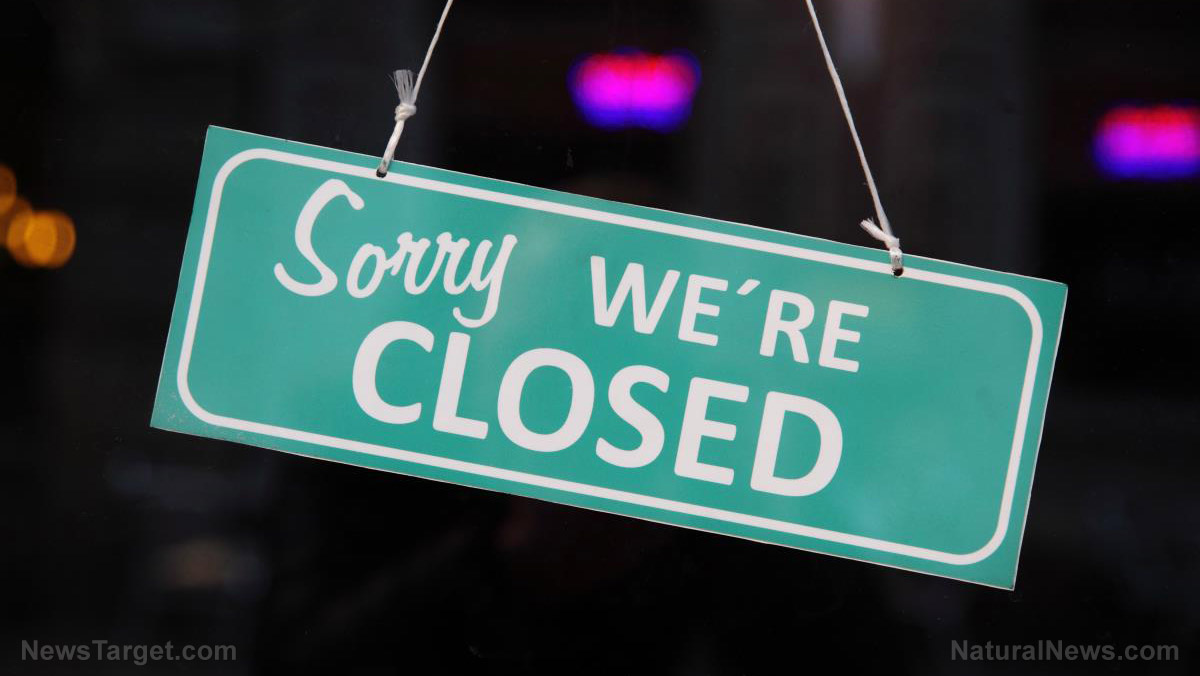
Popular convenience store chain 7-Eleven has announced the closure of 444 underperforming stores across North America, as the Japanese-owned corporation responds to changing consumer habits and ongoing inflationary pressures.
According to its Tokyo-based parent company Seven & I Holdings, the closure will only affect around three percent of 7-Eleven’s over 13,000 stores across the United States, Canada and Mexico.
The closures, announced on Oct. 10, were reportedly influenced by a variety of factors, including slowing sales, declining traffic, inflationary pressures and a decrease in cigarette purchases, but most notably a pullback in consumer spending among middle- and low-income earners.
“Pullback in consumer spending has persisted beyond prior expectations,” the company stated in its earnings release. This earnings report revealed that inflation was one of the major influences, noting that since 2019, the prices of rent, utilities, groceries and fuel have all risen by more than 25 percent.
“The North American economy remained robust overall thanks to the consumption of high-income earners, despite a persistently inflationary, elevated interest rate and deteriorating employment environment,” the report reads. “In this context, there was a more prudent approach to consumption, particularly among middle -and low-income earners.”
This, in turn, has led consumers to prioritize quality and value, with 69 percent of shoppers indicating a desire for higher-quality products and 60 percent focusing on getting the best value for their money. (Related: RETAIL APOCALYPSE: Grocery chain Stop & Shop announces CLOSURE of underperforming outlets.)
Aside from changing consumer habits, the company also revealed that inflation has reshaped nicotine consumption habits. Cigarettes once made up the largest sales category for convenience store chains like 7-Eleven. Now, cigarette sales have fallen by 26 percent since 2019 by total packs sold. Traffic in North American locations fell by 7.3 percent in August, marking the sixth consecutive month of declining traffic.
Seven & I Holding plans to restructure 7-Eleven
The store closures coincide with Seven & I Holdings’ plan to restructure the company into two separate entities. This restructuring would reassure investors and fend off takeover bids by refocusing on their best-performing stores.
7-Eleven told CNN in a statement that it “continuously reviews and optimizes its portfolio” and the closed stores are part of its growth strategy, adding that the chain continues to “open stores in areas where customers are looking for more convenience.”
“The locations being closed have likely suffered from a disproportionate decline in foot traffic and customers as consumers battle with rising food prices and cut back on the amount they buy,” said Neil Saunders, a retail industry analyst and managing director with GlobalData Retail. “In some areas, increased competition from online and value stores will also have taken their toll as consumers seek out lower prices.”
Meaning, store closures are “gentle pruning of the chain to keep it efficient and profitable.” The company will still review and optimize its portfolio, while opening stores in areas where customers are looking for more convenience. In fact, the company’s earnings release revealed that the closures are still expected to deliver a $30 million operating income benefit this year and a $110 million boost to the annualized run rate.
The latest news about the implosion of the American economy can be found at Collapse.news.
Watch this clip from Breitbart News Daily breaking down the big lies coming out of the White House regarding the state of American economy.
This video is from the NewsClips channel on Brighteon.com.
More related stories:
Walmart cuts another 2,000 warehouse jobs following retail store closure announcement.
California discount chain 99 Cents Only announces permanent closure, begins liquidation.
Sources include:
Submit a correction >>
Tagged Under:
7-Eleven, Bubble, Collapse, convenience store, debt bomb, debt collapse, economic collapse, economic riot, economics, economy, finance, finance riot, financial crash, Japan, market crash, money supply, North America, risk, store closures
This article may contain statements that reflect the opinion of the author
RECENT NEWS & ARTICLES
COPYRIGHT © 2017 MARKET CRASH NEWS

